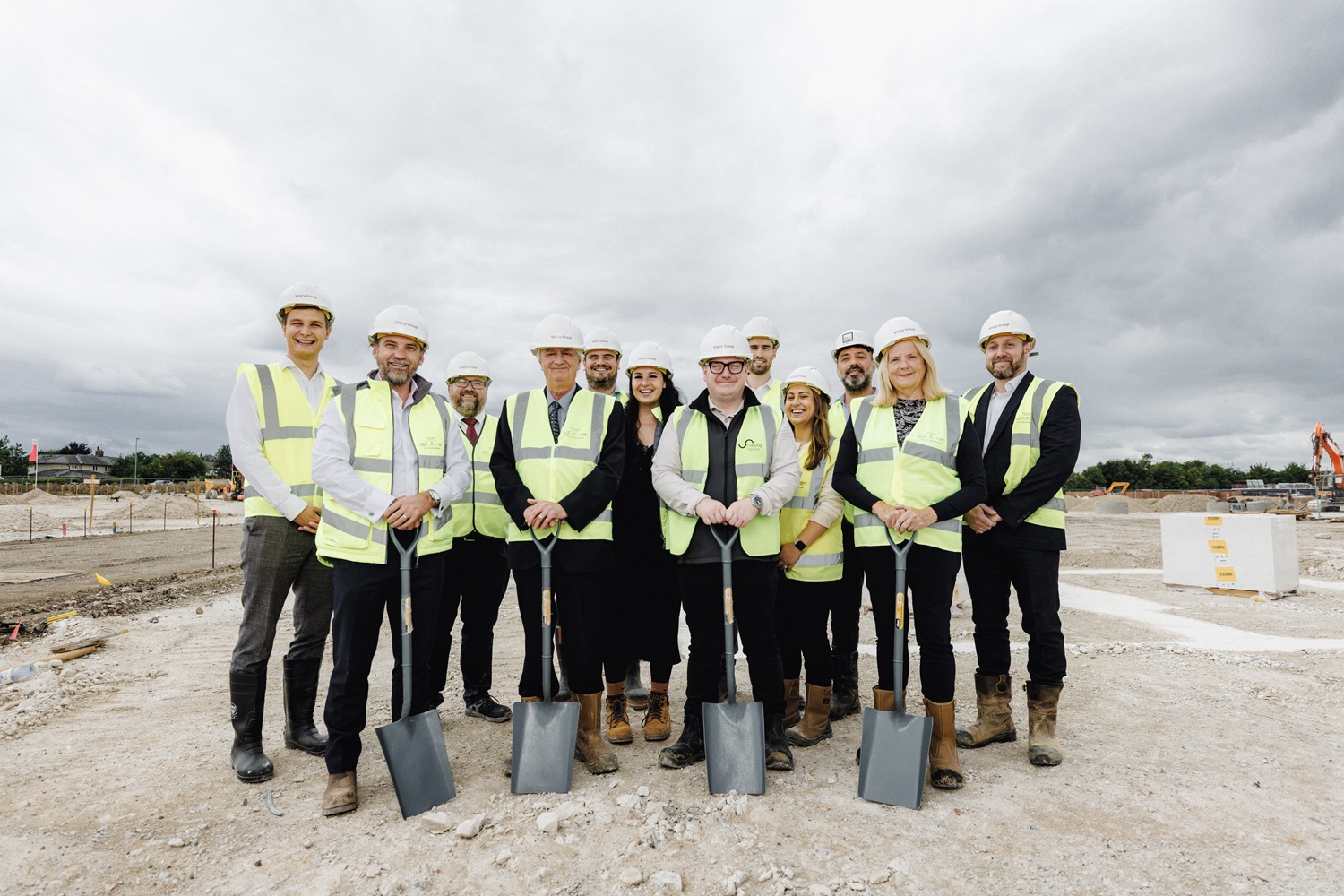
This budget was critical for restoring both the confidence of the general public as well as the real estate industry in the government The new government has faced a lot of negativity since the initial few weeks of optimism following the election and continuing with the same ‘doom and gloom’ rhetoric will only harm public and market sentiment further. After everything people have been through—COVID, the cost-of-living crisis—blaming the past isn’t going to cut it anymore. This isn’t about sugar-coating reality, but rather about providing a vision that people can believe in.
As a Cambridge-based real estate developer, it is positive to see £10 million allocated for the Cambridgeshire Growth Company to develop an ambitious plan for housing, transport, water and wider infrastructure in this Budget – measures that will help Cambridge realise its full potential by addressing the challenges posed by the ongoing housing shortage, infrastructure limitations and water scarcity.
On the subject of housing, Rachel Reeve’s pledge to support first-time buyers is welcome. While the stamp duty land tax increase from three per cent to five per cent on second homes and investment properties from today (31 October) may impact the private rental market by reducing demand for buy-to-let properties, stamp duty land tax relief remains in place for first-time buyers for now.
The housing market largely depends on the ability of first-time buyers to enter the market, as their purchases enable others to sell and move up the property ladder. Without this influx of new buyers, homeowners looking to sell and move to larger homes may find themselves stuck, potentially slowing down the entire market. While the cost of living is putting additional pressure on all buyers, the housing market has proven resilient. The current state of mortgage rates and housing affordability—while fluctuating—still allows room for people to enter the market, even if it’s later in life. First-time buyers may now be closer to 30 years old, rather than in their early 20s as in the past, but this shift hasn’t led to a housing shortage in itself. There is a broader landscape of affordability issues that need to be addressed over time and yesterday’s commitment to boost funding for the Affordable Homes Programme is welcomed by many.
However, with the increase in the allocation of affordable housing, the profitability of projects is reducing in multiple areas at once. Developers are operating with slim margins, making it increasingly difficult to sustain business operations. The larger players in the market may be able to weather these challenges but smaller developers need more support than outlined in the Autumn budget to meet obligations and remain competitive. Capital gains tax increases are also likely to hit medium-sized developers hardest, especially those working on marginal projects. With less incentive to sell assets, the development pipeline could shrink, exacerbating the housing shortage in areas already struggling with supply constraints.
Not only could supply be limited as a result of increased taxes but a lack of skilled labour also presents a significant barrier to meeting the housing targets the government outlined earlier this year. More than one-third of job vacancies in the UK are due to skills shortages. As CEO of a real estate development company, I see first-hand the impact of skilled labour. It is positive to see the Chancellor’s investment in the Department for Education outlined in the Autumn Budget but the industry – like many others – needs to see more from the government to address the UK’s chronic skills shortage.
The chronic underfunding of apprenticeship programmes is a huge issue for today’s employers looking to ensure a pipeline of future talent. Funding levels have stagnated since 2017, leaving these schemes eight years behind inflation and struggling to deliver at the scale required. It’s not just construction where this is an issue, apprenticeship programmes across nearly all industries are facing similar challenges, with some close to shutting down due to the financial strain. Despite these difficulties, apprenticeships will play a vital role in solving the skills gap over time.
The government needs to take a longer-term view and ensure that these initiatives are properly funded and supported and the injection of cash for schools announced today will not go far enough to ease the labour shortages the UK is facing. We need to invest in our future.
In the meantime, the housing industry – and many others – will continue to face significant challenges in meeting its targets due to the shortage of skilled workers.
Labour’s first budget in 14 years aims to stimulate economic growth but it remains to be seen whether it will have the desired effect or whether there will be unintentional consequences that hamper the growth of the housing industry.
-David Meek, CEO
this Land
Why us?
Vast experience of securing planning consent on strategic sites
Long-standing relationships with local stakeholders
A deep understanding of local planning agendas
Contact us to find out the options for your land



